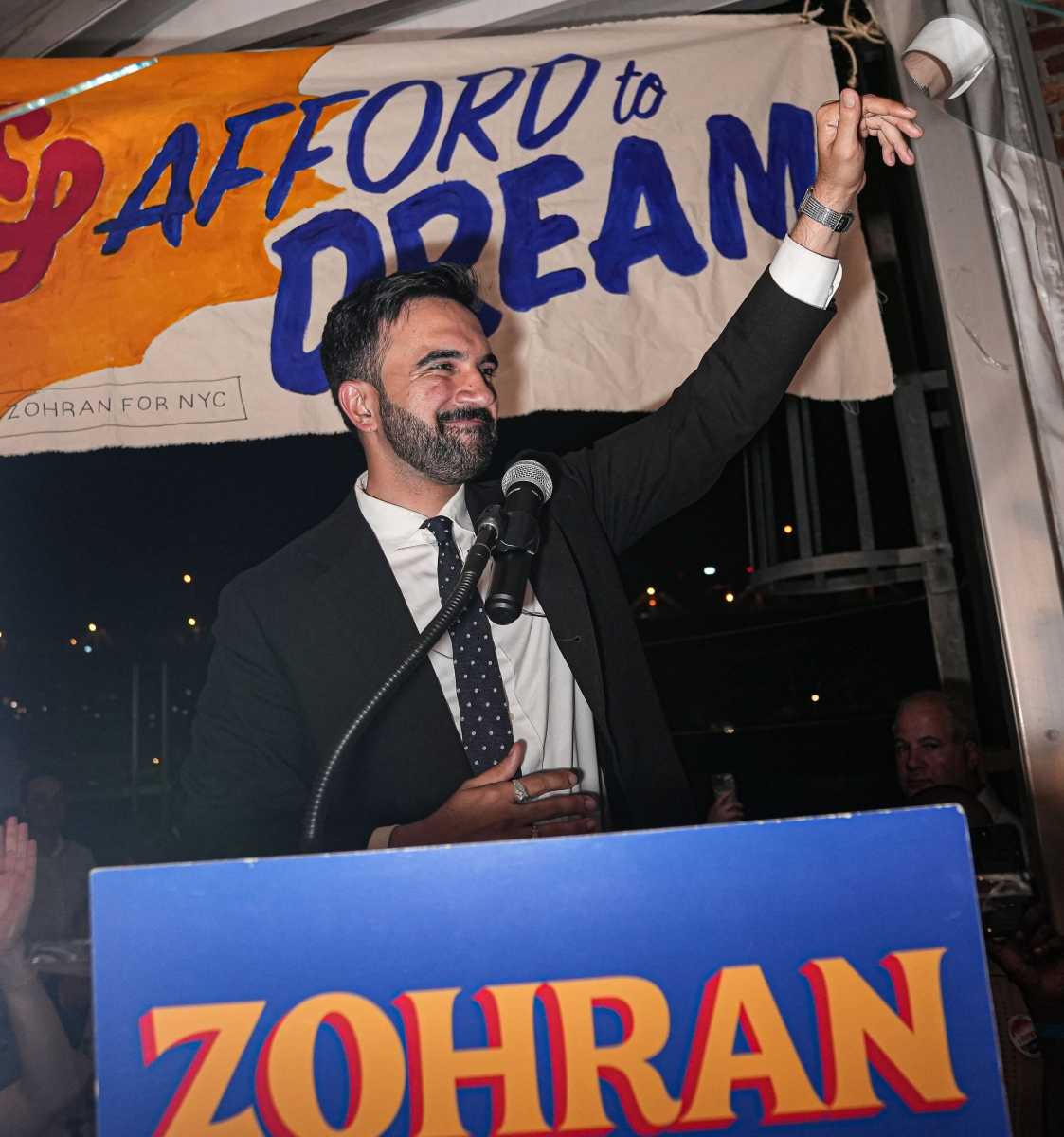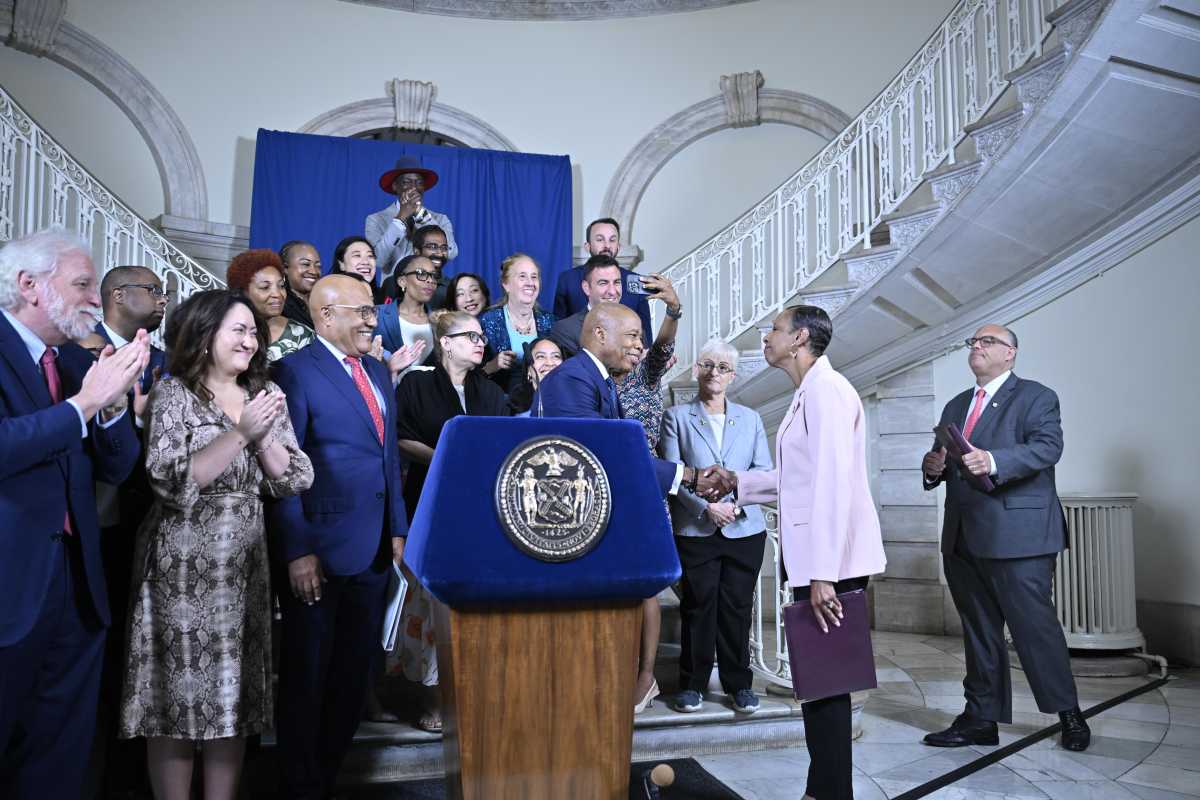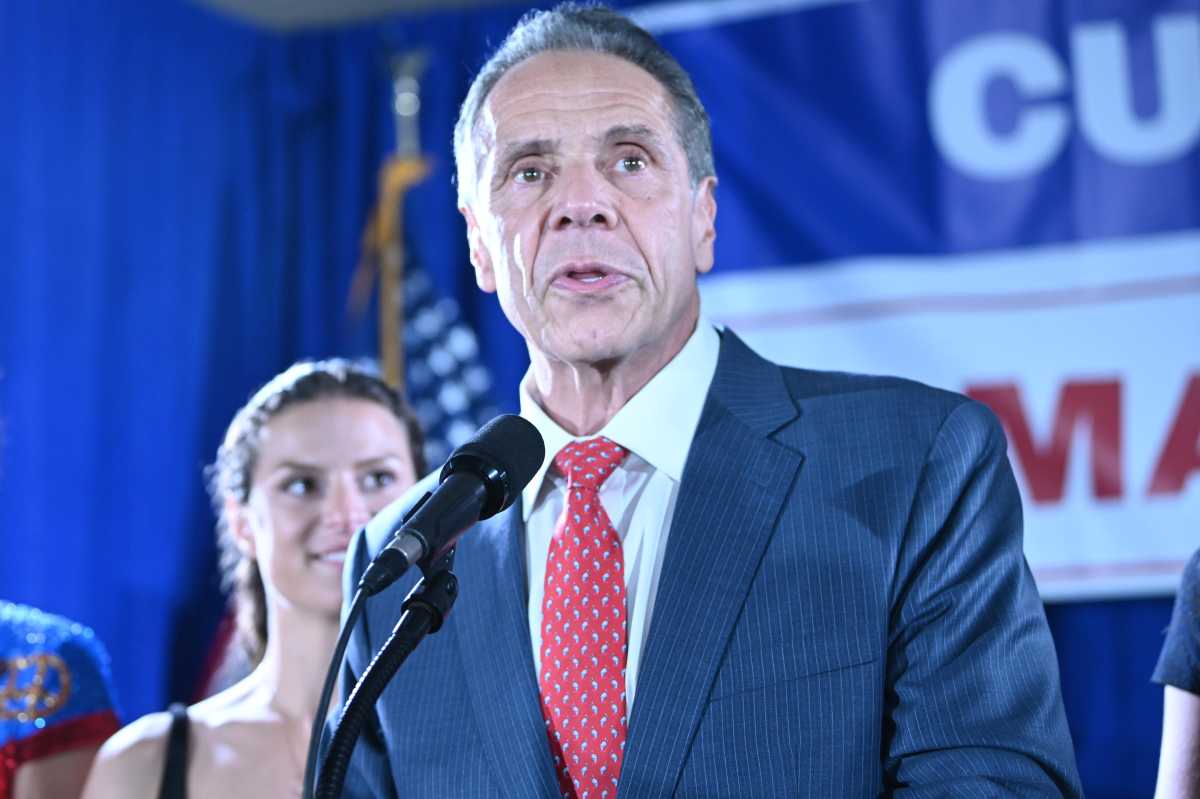BROOKLYN, IOWA — Former Sen. John Edwards emerged a narrow winner in this rural town of 1,300, fighting off a last-minute visit by former President Bill Clinton and a strong surge by younger voters for Barack Obama in a raucous, only-in-Iowa caucus.
But the great town of Brooklyn’s voice was hushed by the greater Iowa, as Barack Obama — still the choice of many here, including Mayor Loren Rickard — came out on top across the state.
In a much-more subdued process, Brooklyn Republicans made Baptist preacher, weight-loss guru and former Arkansas Gov. Mike Huckabee the winner of their vote.
“I’m very pleased with the result,” said the GOP’s caucus leader, Amanda Robinson, who supported Huckabee. “Despite all the money that Mitt Romney spent in Iowa, we showed him that Brooklyn votes are not for sale.”
They weren’t for sale, exactly, on the Democratic side — but they certainly were up for grabs. Unlike the Republicans, who gather, hear a quick speech from one supporter of each candidate, and then vote, the Democratic caucus process is a free-wheeling, song- and snack-filled exercise in adrenaline politics.
At the start of the evening, all 174 Democrats filed into the elementary side of the Brooklyn-Guernsey-Malcolm school complex (Republicans were on the high school end).
Next, supporters of each candidate strolled to one of seven tables — the tables marked “Gravel” and “Kucinich” were completely empty, while Sen. Joe Biden had three people, New Mexico Gov. Bill Richardson had about a dozen and Sen. Chris Dodd had a handful.
A candidate needed 26 supporters to be considered “viable,” meaning that the candidate can win delegates to send to the state nominating convention.
The less-populated tables were quickly swarmed by supporters of the so-called Big Three: Edwards, Clinton and Obama, who all practiced the timeless art of persuasion.
Edwards table manager Matt Cleinman rifled through copies of the candidate’s 60-page position, persuading many, including Richardson supporter Cynthia Reynolds, to come to their camp.
“I asked questions about education and they had answers,” Reynolds said. “That was important to me.”
The Clinton table set out snacks and extra chairs, a neighborly demonstration that ended up convincing young voter Vanessa Roudavush.
The Obama team didn’t put the squeeze on anyone, but Democratic precinct captain Bev Rens stuck to quiet conversations in the corner.
That approach worked with Todd Linden, who initially supported the unviable Biden.
The presence of Republican Mayor Loren Rickard — who minutes earlier had changed his party registration to Democrat so he could caucus for Obama — swayed one voter, Doris Manatt, herself a Republican who is now a Democrat.
“Loren’s doing that?” Manatt said, when told that the lifelong Republican Rickard had switched parties. Rickard’s switch seemed to validate Manatt’s own feelings of betrayal by her party.
“I don’t feel we have a candidate I can trust,” she said.
“We’re seeing a lot of Republicans re-registering as Democrats tonight,” said Jan Heetland, who was manning the sign-in table.
“They’re saying they’re just so frustrated with what has happened over the last eight years.”
By contrast to the free-for-all on the Democratic side, the Republican caucus was more like a shareholder’s meeting of a successful company.
A single supporter for each candidate was allowed to rise and give a short speech. Then the ballots were cast and counted, and everyone was able to go home.
The final vote tally on the GOP side was Huckabee, 72; Romney 43; Fred Thompson, 20; John McCain, 14; Ron Paul, 10; and Rudy Giuliani, 1.
The final Democratic vote total was Edwards, 62; Clinton, 60; Obama, 51.
























